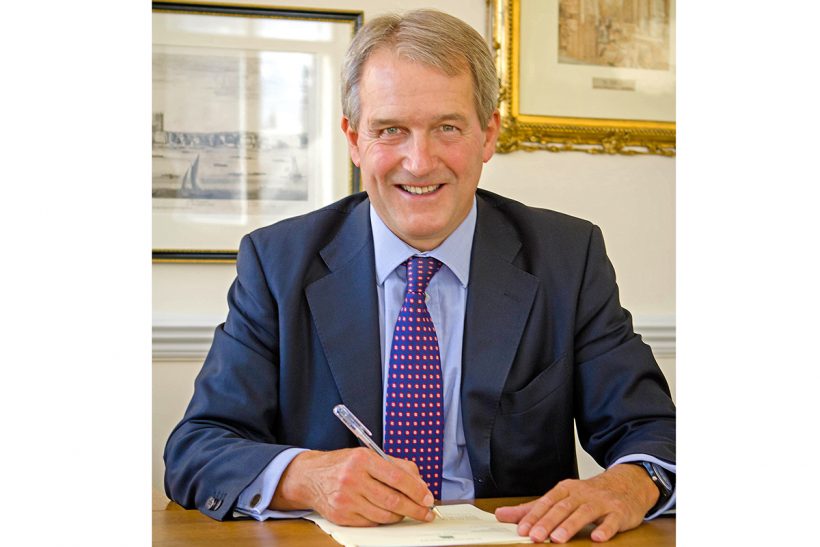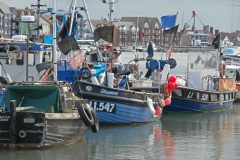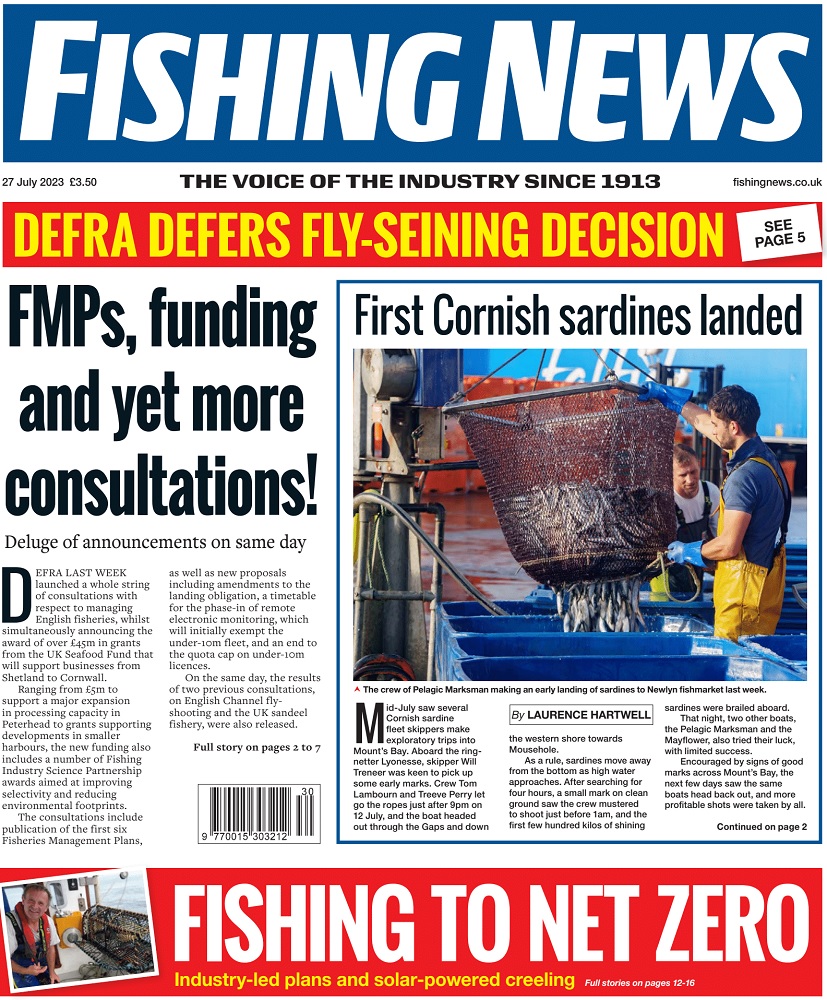Former DEFRA Secretary of State Owen Paterson MP has set out a blueprint for a UK fisheries management system after the UK leaves the EU and CFP. This is a summary of his document, UK Fisheries Policy Post Brexit UK 2020.
UK policy needs to be based on the following principles:
- Effort control based on ‘days at sea’ instead of fixed quotas
- Flexible catch compositions to avoid a race to fish, while ending discards
- Conservation Credits to award days for selectivity and spatial measures
- A ban on discarding commercial species
- Provision for temporary closures of fisheries
- Promotion of selective gear and technical controls
- Rigorous definition of minimum commercial sizes
- A ban on industrial fishing
- Provision for permanent closed areas for conservation
- A prohibition of production subsidies
- Zoning of fisheries
- Registration of fishing vessels, skippers and senior crew members
- Measures to promote profitability rather than volume
- Effective and fair enforcement
There must be a local management system, which has the confidence and trust of the nation and the fishermen.
We can join the North East Atlantic Fisheries Commission (NEAFC) and world bodies such as the World Trade Organisation (WTO).
We need to rebuild and preserve our stocks and marine wildlife and create a stable, fair fisheries management framework.
Effective policy can only be developed with the full co-operation of fishermen, guided by good science, and up-to-date local knowledge and flexibility. The essence of our policy should be national and local control. National government will set the strategic framework; new local bodies will take day-to-day responsibility for managing their fisheries.
Trade after leaving the Customs Union
The Common External Tariff imposes high barriers on imported fish and fish products from the rest of the world. Applied tariffs average 11.8%, with a maximum 26% – notably higher than those in other fisheries sectors, with the equivalent Japanese figures being 5.7% and 15%.
Since the UK is not self-sufficient in fish, tariffs should be reduced on a range of fish commonly consumed – but not caught – in the UK.
Outside of the European tariff wall, the UK will be able to work with nations across the world.
British exports also stand to benefit from free trade. Tariff-free access to the EU market would be preferable but, according to Fishing for Leave (FFL), even without this there would be no cause for alarm. The group suggests that British exports, currently valued around £1 billion, would more than double if the UK were to regain the 60% of the TACs currently assigned to other member states by the EU and taken in British waters. They note, also, that Norway, Iceland, Greenland and the Faroes export fish products in far greater quantities to the EU than the UK without difficulty. There is optimism for Britain to diversify into global markets. British exports of Nephrops, monkfish, mackerel and herring are particularly profitable.
Access to UK waters
According to international and domestic law – UNCLOS 3, the Fishery Limits Act 1976 and the subsequent 2009 Act – the UK takes full control of the EEZ and all its resources on the day of withdrawal from the EU.
Rights of foreign states to UK waters were consolidated first by the London Convention 1964, then the current CFP regime. The UK is well-placed to establish new arrangements for reciprocal access, since we have most of the waters.
The UK will also need to work closely with Norway, the Faroes and Iceland to manage the resources within one another’s waters.
A detailed study must be performed into the Norwegian and Greenlandic arrangements over foreign vessels.
The government must also consult fishermen to assess its priorities ahead of negotiations.
The UK is a signatory to the United Nations Fish Agreement (UNFA) on the management of straddling and highly migratory stocks. We can build on it as a basis for managing relations with international partners, including EU member states.
International relations with specific partners can be managed through NEAFC.
UK fish stocks are the property of the nation. Fishermen have no inherent rights to the fish, but some fishermen have gained acquired rights, which in most respects are as firm as if they are inherent. Fishermen would fish under some form of licence.






